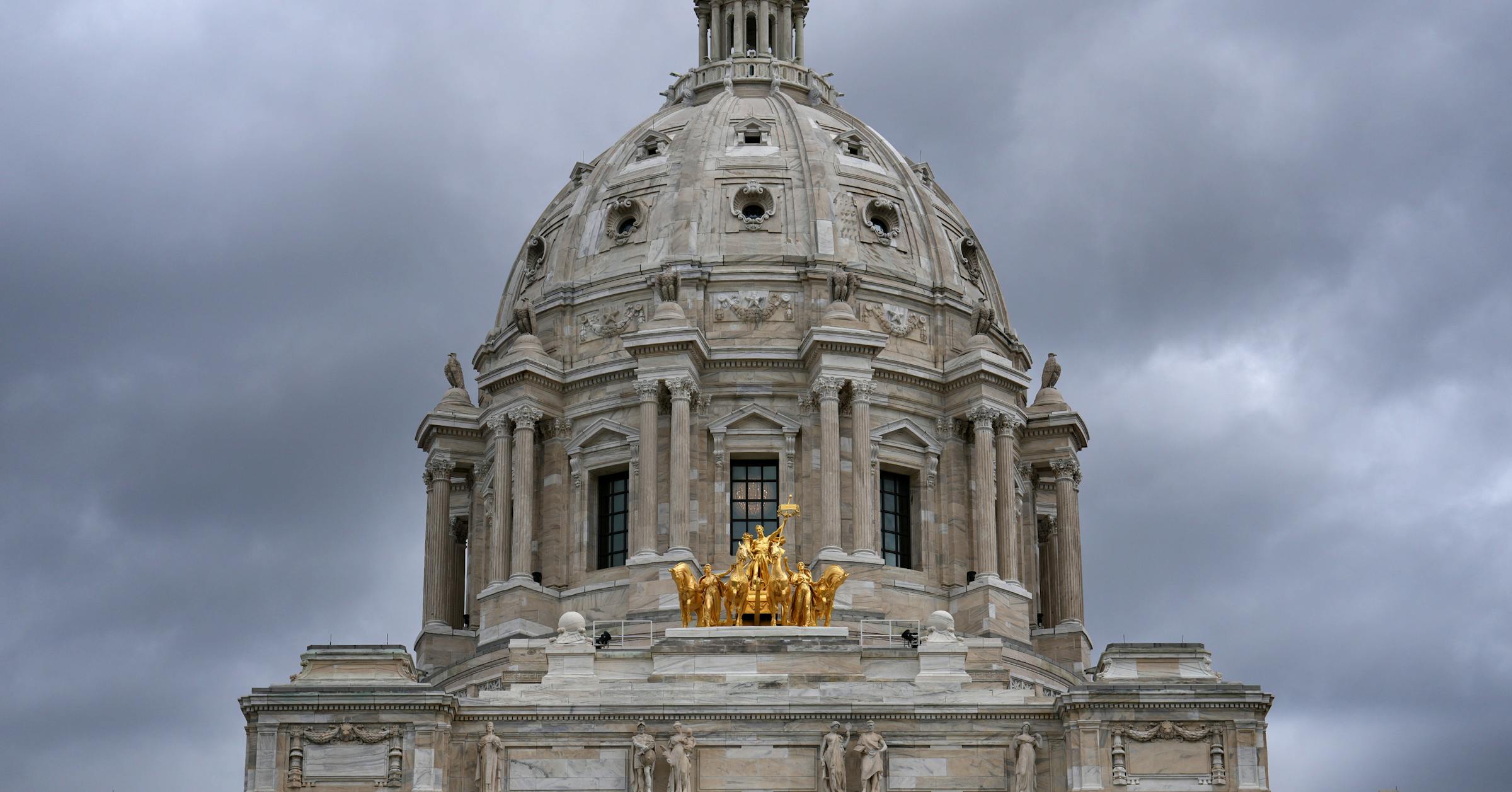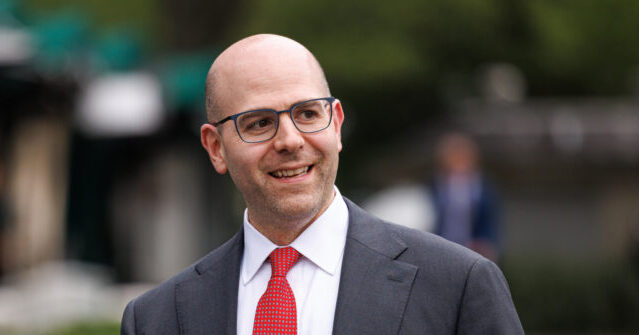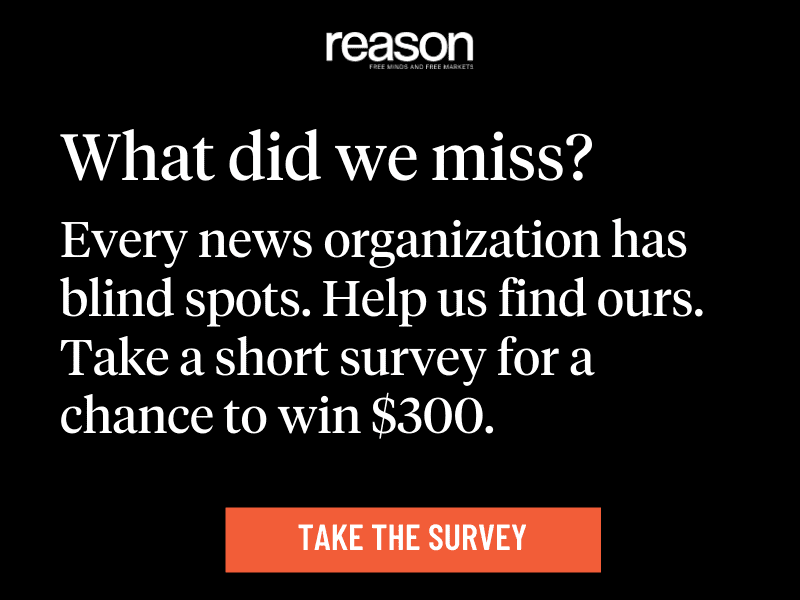
Rochelle Olson’s Sept. 14 column on fraud opens the door to a more in-depth understanding of the expectations and responsibilities of government management. With more than 50,000 employees, Minnesota state government is the second largest employer in the state. However, unlike the private sector, the selection of the management team has little to do with management expertise but rather political affiliation and policies. Further, the stakeholders have different expectations, with the corporate sector seeking profit and growth and government delivering public services.
Yet, both expect competence and accountability. And this is where government, particularly larger entities, run into trouble, because they tend to be too focused on politics and relatively indifferent to management responsibilities. Feeding Our Future is a case in point.
The scandal did not start in February 2021 with the FBI investigation. No, its origins go back to a report from the legislative auditor in 2011 warning the governor and his administration that “several agencies lacked a comprehensive internal control structure” and therefore could not “sufficiently mitigate the risk of potential misstatements.” Simply, the normal policies and procedures for protecting the public’s money were found to be inadequate. Normally, instant action would take place to make the necessary corrections.
However, again in 2012, the legislative auditor issued another comparable warning citing “inadequate internal control structures” and even specifically criticized the “insufficiency” of internal controls at the Office of Management and Budget. As late as 2021, the legislative auditor was still sounding the alarm pointing to the Department of Human Services and, again, finding “inadequate internal controls.”
For at least 10 years, the administrations of Govs. Mark Dayton and Tim Walz simply ignored all the red flags. Additionally, the Minnesota Legislature failed in its oversight responsibility. Not only is this astounding, but more important, with no one protecting the public’s money, fraud was inevitable.
And now the solution advanced by our elected leaders is to add another layer of government ostensibly to strengthen the oversight process. Let me be very clear. The audits performed by the legislative auditor are highly professional and nonpolitical, and they warrant serious review by the governor, his administration and the Legislature. In this case, both branches of government and both parties failed in that duty, and rather than accepting responsibility for their neglect, their answer is simple: Create another expensive agency with an impressive title like “inspector general.”
More government is not the answer. No, we the public have the responsibility to elect competent and dutiful people to public office and elevate the role of the legislative auditor to insure that her findings and recommendations are properly handled by the governor and the Legislature. I would recommend that her annual audit report findings be highlighted at a public meeting of the state’s Executive Council, which consists of the constitutional officers. In addition, the leadership teams of all four legislative caucuses should be invited thereby sharing responsibility and elevating the role of the audit and its review of the controls that protect the taxpayers’ money.



